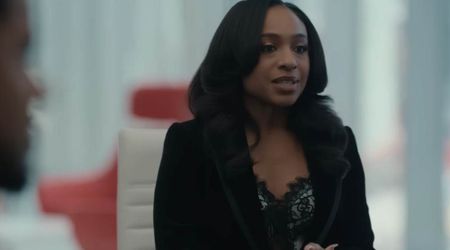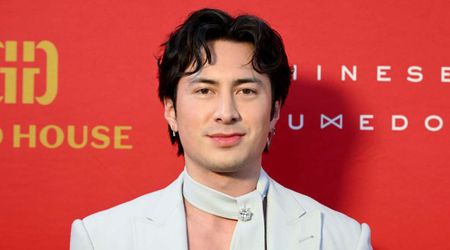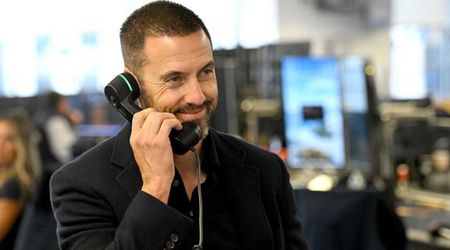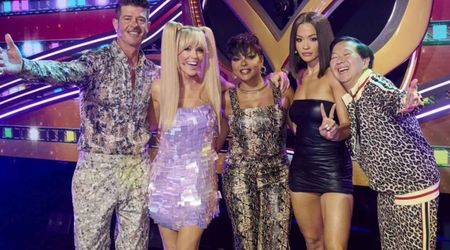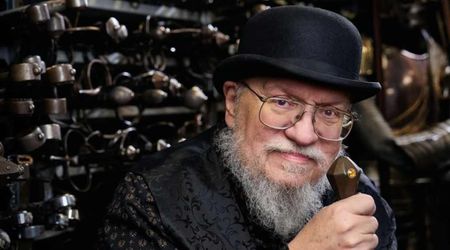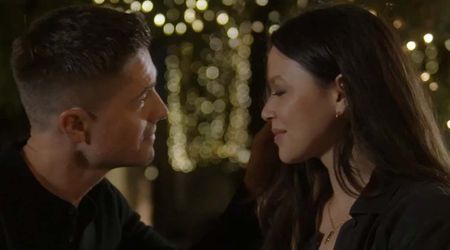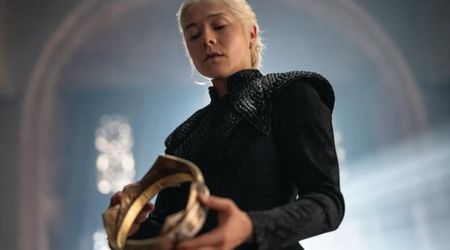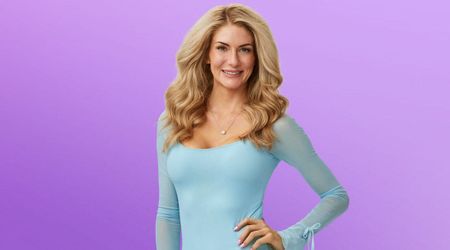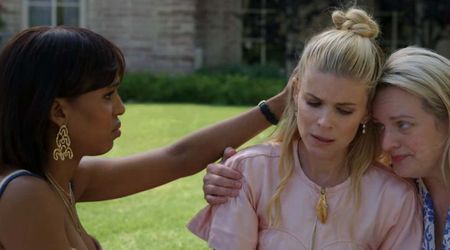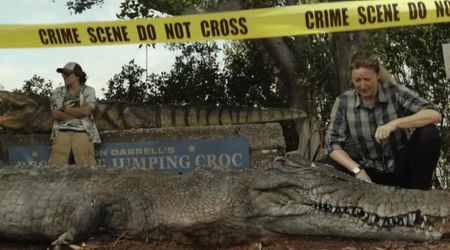Amazon's 'The Boys' devalued its #MeToo moment but 'The Morning Show' and 'Unbelievable' look promising

As the #MeToo movement took root, famous men were fired and publicly shamed for assaulting women. A cultural conversation started which impacted the corporate world, politics and the entertainment industry.
As careers toppled, a strange counter-narrative took hold -- even more bizarre than the #NotAllMen objection -- of men being "traumatized" by the backlash they suffered when their wrong-doings were made public, even as they scripted their comebacks in less than a year.
Two prominent examples that stick in memory are comedians Louis C.K., who admitted to masturbating in front of women without their consent, and Aziz Ansari, who was accused of pressuring a woman for sex. The comedy fraternity instantly stood up for Louis C.K., who was portrayed as a poor schlub who had never had much attention from women.
It was only natural he lost his head when women came to him expressing admiration for his work. "Leave Louis C.K. alone. Enough with that," said comic Janeane Garofalo during a feminist podcast. "I think he has suffered," she said, comparing any criticism of his comedy comeback to "being bullied".
Similarly, Ansari's pushy behavior on a date was magicked away in heated conversations around whether it actually constituted assault if the woman had given him oral sex (even if it was done unwillingly and to be obliging as all women are taught to be). It didn't matter that Ansari, in his 30s, acted like an inexperienced and aggressive 18-year-old while the woman repeatedly gave him verbal and non-verbal cues that she was not okay with the sexual turn the evening had taken.
After such moments in the public sphere, it was natural that when 'The Boys' showrunner Eric Kripke sat down to adapt Garth Ennis' comic series, the moment where Starlight is pressured into giving The Deep fellatio, gave him a pause. He debated not including it at all since, in the comic book version, it only serves to create a bit of tension between Starlight and Hughie.
But then, the women producers on his team told him he had to include it because they had ALL faced sexual harassment in the industry. Kripke was stunned by this revelation and relied on the women in his writers' room to handle this plot point.
Starlight gives The Deep fellatio to protect her job and then she pukes her guts out in the bathroom. She is told by Queen Maeve "not to let others see her this way". This is often what happens after sexual assault - women break down privately and are told to be strong by other women.
Then, Starlight stands up to her abuser, she is believed (which in itself is a miracle) and she gets Vought to take action. It is a one-note narrative that doesn't show how terrifying it is for a woman to publicly accuse someone powerful of sexual misconduct. The agony and self-doubt after being assaulted and the loss of self-worth.
But after a few sniffles on a park bench and a few words from Hughie, she is ready to take on The Deep and the powerful Vought Inc. that stands behind him. And after that, she is fine -- even flirting seductively at an office party, ignoring how women often shut down sexually after an assault.
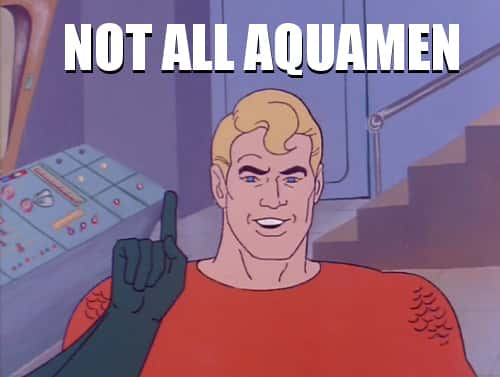
What is even more mystifying is The Boys' treatment of The Deep after Vought decides to make him apologize publically and send him to cool off in a landlocked city for a while. It is obvious The Deep is a repeat offender and Starlight has been the only one to stand up to him among the many women he has abused over the years.
But the show still takes it upon itself to paint The Deep in a particularly sympathetic light and as a victim. He is a "diversity hire" who is trying to be a hero for all sea creatures but ends up being the butt of jokes.
He is also feminized when he is "raped" by a woman he invites to his apartment. She pushes her hand into his gills forcibly even as he says no repeatedly and tries to get her to stop. In real life, it is highly unlikely for a white cis male to be raped by a woman.
Then, a few scenes later, the show serenades him with R.E.M's 'Everybody Hurts' as he stands naked before the mirror and shaves his head. He is shown to be having a mental breakdown because his career as a superhero is now showing signs of decline. His career isn't over, mind you -- it is just not as glamorous as it used to be.
In a show that is not afraid to portray superheroes as a**holes (Homelander is a prime example), it is surprising the show spends so much time trying to make the audience empathize with The Deep. Starlight, on the other hand, doesn't have a breakdown except for that one solitary puke in the bathroom. No harm, no foul, eh?
But what she does to The Deep is just too extreme for his crimes -- at least that's what the creators seem to think. Are they perhaps closer in some ways to the male experience of a #MeToo incident becoming public? Closer to what the male accused goes through than what the female accuser has endured? And just like that, The Boys' progressive #MeToo plot is squandered.
In contrast, two upcoming shows are set to portray the perspective of women more sensitively. One is Apple’s forthcoming drama 'The Morning Show', directed by Mimi Leder and starring Jennifer Aniston, Reese Witherspoon and Steve Carell.
In a trailer for the show, that dropped recently, Mitch Kessler (Steve Carell) is fired following "allegations” of sexual misconduct. In the aftermath of the scandal, Aniston’s Alex Levy has to fight to keep her job as the network tries to push her out by pitting her against another woman, Bradley Jackson (Reese Witherspoon).
Alex Levy attacks Mitch Kessler saying: "You stole my life, you left me in the woods with a pack of wolves" and worries that if she doesn't control the narrative, she will be written out of it. Mimi Leder in an interview with Entertainment Weekly said the show would deal with "the #MeToo and Time’s Up movements and women in power.”
And then there is Netflix's limited series 'Unbelievable', to be released September 13. Inspired by the Pulitzer Prize-winning article 'An Unbelievable Story of Rape,' it examines how victims of sexual abuse and harassment are often not believed when they speak up. It is nuances like these that the creators of 'The Boys' seem to have missed. Hopefully, the show's season 2 will do a better job.

